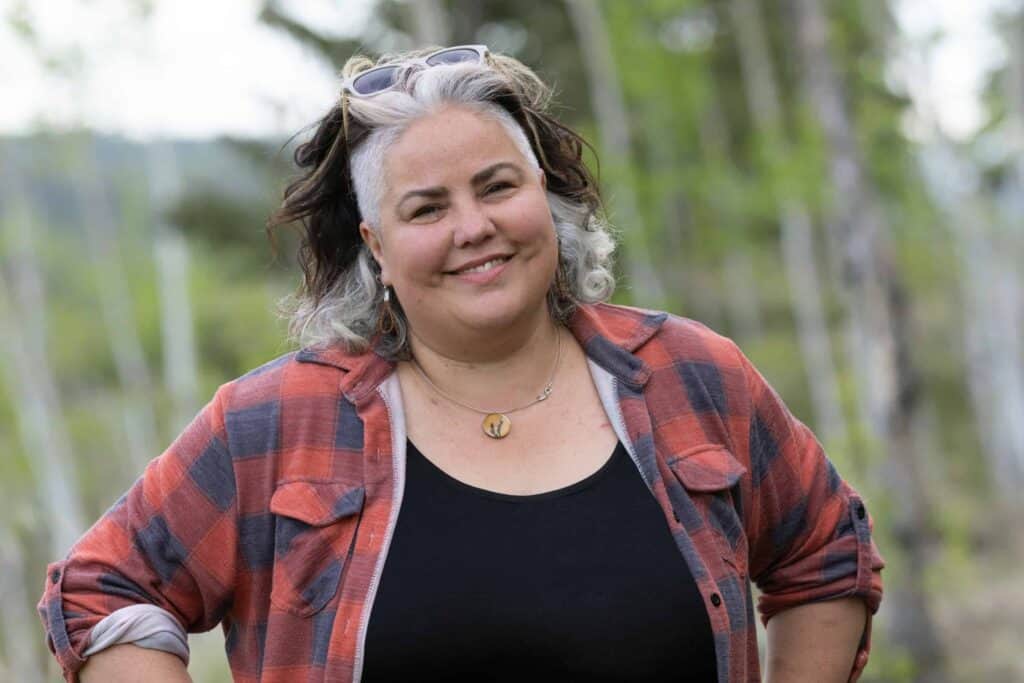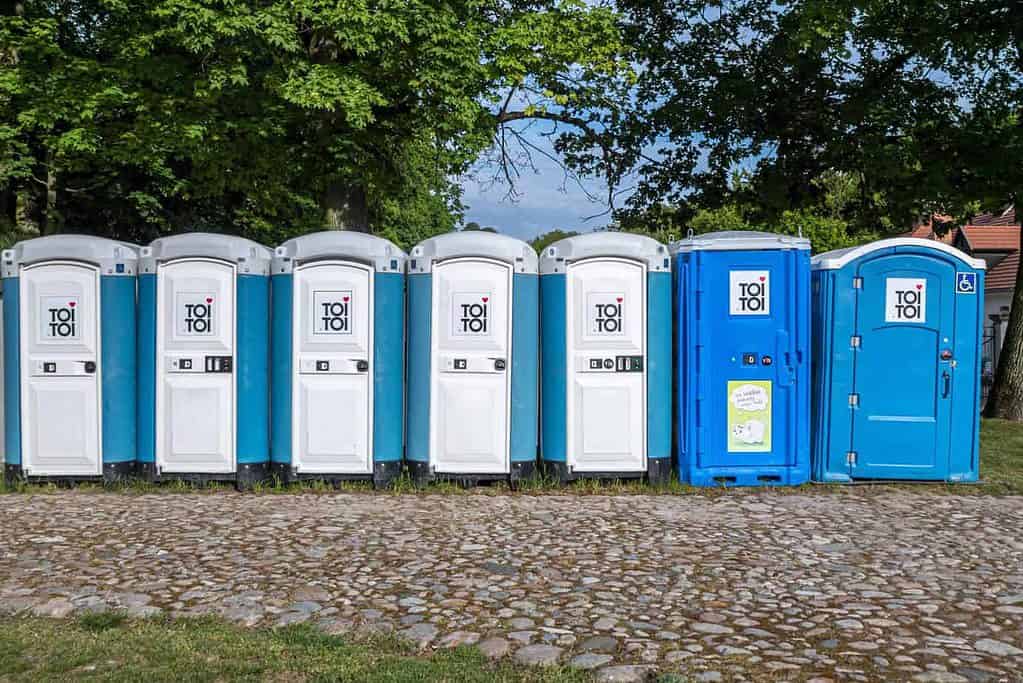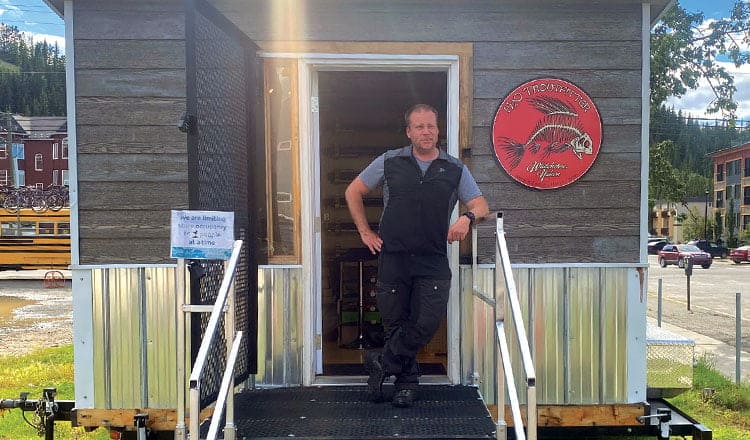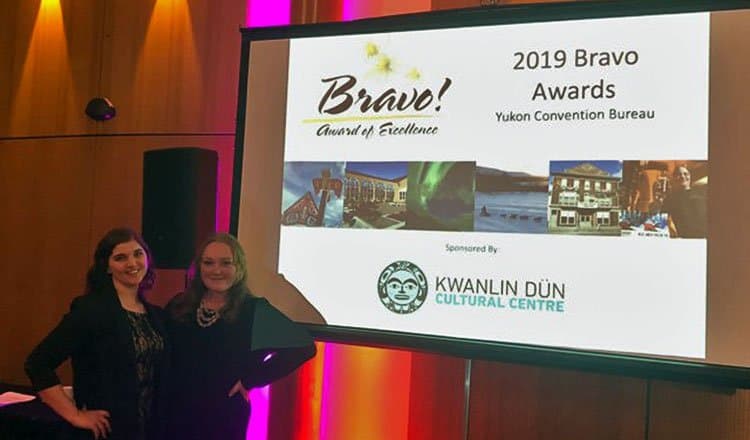Food security is an ongoing concern for northerners, as remote communities as well as Whitehorse struggle with access to reliable and affordable produce from southern suppliers. Executives at the Yukon-based power company Solvest Inc. think they’ve found a solution.
The company is in the pilot phase of a project that aims to provide an off-the-grid solution to the Yukon’s often tenuous access to fresh greens as it tests out its first CropBox this winter. “It’s a simple, easy [way] to use product that really can make a big difference in terms of northern food security,” said Solvest vice president Ben Power.
A CropBox is hydroponic agriculture in a shipping container, and they say that it can pump out between 400 and 600 edible plants per week. A single unit has 2,700 planting spaces on an average three- to four-week growing cycle.
The CropBox has an insulation and heating system meant to ensure ideal growing temperatures year-round. Because of the contained nature of the growing environment, crops can be grown year-round in northern communities that otherwise wouldn’t have the same kind of access to these foods in the winter months.
Another selling point is that no pesticides are required in a contained environment, and food produced in a CropBox can be free of such chemical additives. “Not only can it supply a fresh and local food supply that has no pesticides in it, [a CropBox] can do it at a lower cost than most produce in the local grocery stores,” said Power. “So you don’t need to double your grocery bill in order to buy local supply from CropBox.”
Power said that the CropBox hydroponics solution is ideal for northern communities because it’s both cost effective and easy to use, which he said are two of the most important factors to success in northern Canada.
“It’s not a bold statement to say that you can take someone with no growing experience in growing anything and, with little over a week’s worth of training, have them running one of those units,” said Power. Once your unit is up and running, the company has developed an app that allows you to control environmental factors inside the box from your cellphone, wherever you happen to be.
Power said this technology also presents advantages to grocery stores interested in selling fresh and local greens. “Produce can go straight from the CropBox into the grocery store or onto someone’s table. You can manage your supply on your shelf in a way that you never could with a southern supplier,” he said.
Solvest is a power company that has installed over 1.3MW of solar across the North. They’ve come up with a unique solution to powering the CropBox. “The idea for it is like a plug and play,” said Tarek Bos-Jabbar, CropBox operator for Solvest in Whitehorse.
“Solvest is a solar company, so that’s where this partnership sort of evolved from. We can do the solar for these units,” said Bos-Jabbar. They’re using a solar-power storing device called a power box that can be hooked up to solar panels for year-round electricity. “A power box is designed to keep the CropBox completely off the grid so that if you have no electrical hookup you can just put the power box beside it and line it with solar panels.
“The power box is filled with lithium Ion batteries. With a backup generator, in case you don’t get enough sunlight, the idea is that you can run this thing completely on its own,” said Bos-Jabbar.
Bos-Jabbar takes care of the technical side of the pilot project and, with winter on the way, he’s anticipating an uninterrupted growing season. “This will be the first winter that we’re going into, right now, and so far things look like [the CropBox] will run well throughout the winter. I don’t think that the climate is going to be much of an issue,” said Bos-Jabbar. “The more local food, the better. The less supply lines, the better. So we do have the advantage of growing throughout the winter.”
Solvest also runs a subscription program where Yukoners can sign up for a weekly supply of fresh vegetables produced in the Whitehorse CropBox. “It’s a weekly pickup time at Yukon Brewing or Baked Café. I like the way it’s working right now because it’s no waste and it’s providing people first-hand fresh greens and herbs that were harvested the morning of,” said Bos-Jabbar. He said that Cilantro and Basil will also soon be available at Wyke’s Your Independent Grocer.
Solvest hopes to eventually supply CropBox technology throughout northern Canada as a solution to food insecurity. Bos-Jabbar explained that compared to conventional farming’s one or two growing cycles per season (or six for a commercial greenhouse), a CropBox can deliver eight or more crop yields per year. He said that while conventional agriculture uses 270,000 gallons of water, the CropBox uses a relatively low 27,000 gallons. Using lettuce as an example, he said that conventional farming yield is nine tons or 213 tons for greenhouses. This compares to 1,347 tons yield from a CropBox.
Those who would like to see the CropBox in action are invited to tour the project in the Marwell industrial area. “If people are interested in checking it out, I’m pretty excited about it and love showing people the vegetables,” said Bos-jabbar.
For more information, to tour the facilities or to sign up for fresh hydroponic greens, visit the CropBox Canada website and connect with them through email.




